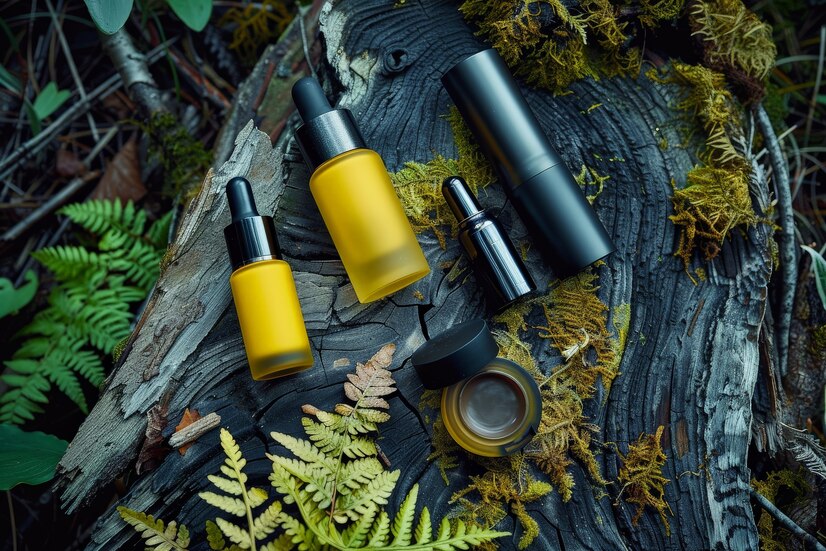Table of contents
CBD, short for cannabidiol, has exploded in popularity across the globe thanks to its potential health benefits, including anxiety relief, pain management, and sleep support. But when it comes to traveling or shipping CBD products internationally, things can get legally complicated fast. International laws regarding CBD vary widely from country to country—and misunderstanding them could lead to legal consequences, confiscation, or worse.
If you’re planning to travel internationally or want to learn more about the global CBD legal landscape, this blog post will help you understand what’s legal, what’s not, and how to stay compliant.
The Global CBD Legal Landscape

Though CBD is non-psychoactive and often derived from hemp (not marijuana), many countries still categorize it alongside controlled substances. Internationally, there is no single, uniform law governing CBD, so legality depends on each nation’s regulatory approach to cannabis and hemp.
Let’s take a closer look at how international laws regarding CBD differ across major regions and countries.
CBD Laws by Region and Country

🌍 North America
- United States: Hemp-derived CBD (with <0.3% THC) is federally legal but state laws may vary.
- Canada: CBD is legal but heavily regulated. Only licensed producers can sell it, and personal import/export is strictly prohibited.
- Mexico: CBD products with <1% THC are legal and can be sold without a prescription.
🌍 Europe
- United Kingdom: CBD is legal if it contains less than 0.2% THC and is derived from approved strains.
- Germany: Legal with strict regulations. THC content must be under 0.2%. Products must not be marketed as medicine without approval.
- France: Only CBD isolate (0% THC) is legal. Full-spectrum products are illegal.
- Switzerland: Permits CBD with up to 1% THC—one of the most lenient countries in Europe.
🌍 Asia
- Japan: Only CBD isolate is legal. Any trace of THC is strictly banned.
- China: Industrial hemp is legal, but CBD for consumption is in a legal gray area and highly restricted.
- Thailand: Recently legalized medical cannabis, including CBD under specific conditions. Must be registered.
🌍 Australia and New Zealand
- Australia: CBD is legal with a prescription. Over-the-counter sales were approved but are still limited.
- New Zealand: Requires a prescription for all CBD products.
🌍 South America
- Brazil: CBD is legal with a medical prescription and must be imported.
- Argentina: Legal for medical use, with prescriptions.
- Chile: Similar to Argentina; CBD allowed for medical purposes only.
Key Considerations for Traveling Internationally with CBD
If you plan to bring CBD into another country, know before you go. Here are essential travel tips:
- Check Local Laws: Research CBD laws of both your destination and transit countries.
- Documentation: Bring a certificate of analysis (COA) and, if possible, a doctor’s note or prescription.
- CBD Type Matters: Full-spectrum products with any THC content are more likely to cause legal issues than broad-spectrum or isolate forms.
- Avoid International Shipping: Many countries ban CBD imports unless licensed or medically authorized.
- Packaging: Ensure the product is properly labeled with THC content and clearly identifies it as hemp-derived.
Risks of Violating International CBD Laws
Being caught with CBD in a country where it’s banned could lead to:
- Product confiscation
- Fines
- Detainment or arrest
- Permanent travel restrictions or visa denial
Some countries—like United Arab Emirates (UAE), Indonesia, and Malaysia—have zero-tolerance drug laws that can lead to severe penalties even for small amounts of CBD.
What the Future Holds
The global perspective on CBD is slowly shifting, with more countries exploring legalization or regulatory frameworks. However, as of now, international laws regarding CBD remain fragmented and inconsistent. Staying up-to-date is crucial, especially if you rely on CBD for medical reasons.
5 Frequently Asked Questions (FAQ)
It depends on your destination and any layovers. Always research local laws first. Even if CBD is legal in your departure country, it may be banned where you’re going.
No. While many European countries allow CBD, the THC limit and product types vary. Some countries like Slovakia still classify CBD as a controlled substance.
Only if the destination country allows it and proper licenses are in place. Most personal international CBD shipments are restricted or prohibited.
CBD isolate is generally the safest option, as it contains 0% THC and is more likely to comply with strict legal standards in many countries.
In some countries, yes. Carrying a doctor’s note or prescription can help reduce complications, even in regions where CBD is legal.
Final Thoughts
Understanding international laws regarding CBD is essential before traveling or shipping products across borders. With varying legal definitions, THC limits, and regulatory frameworks, what’s legal in one country may be illegal in another. Whether you’re a casual user or rely on CBD for medical purposes, take the time to research and prepare—your wellness routine (and legal record) will thank you.





